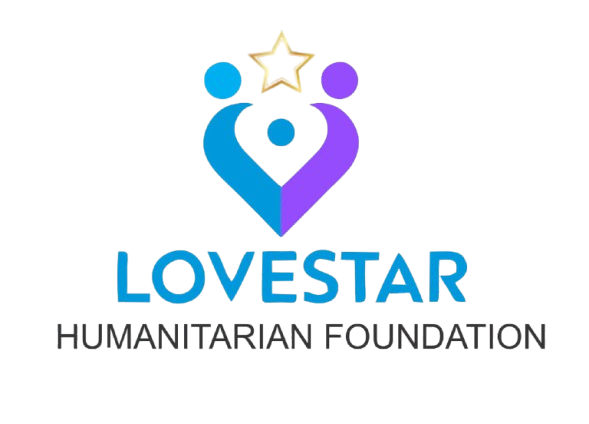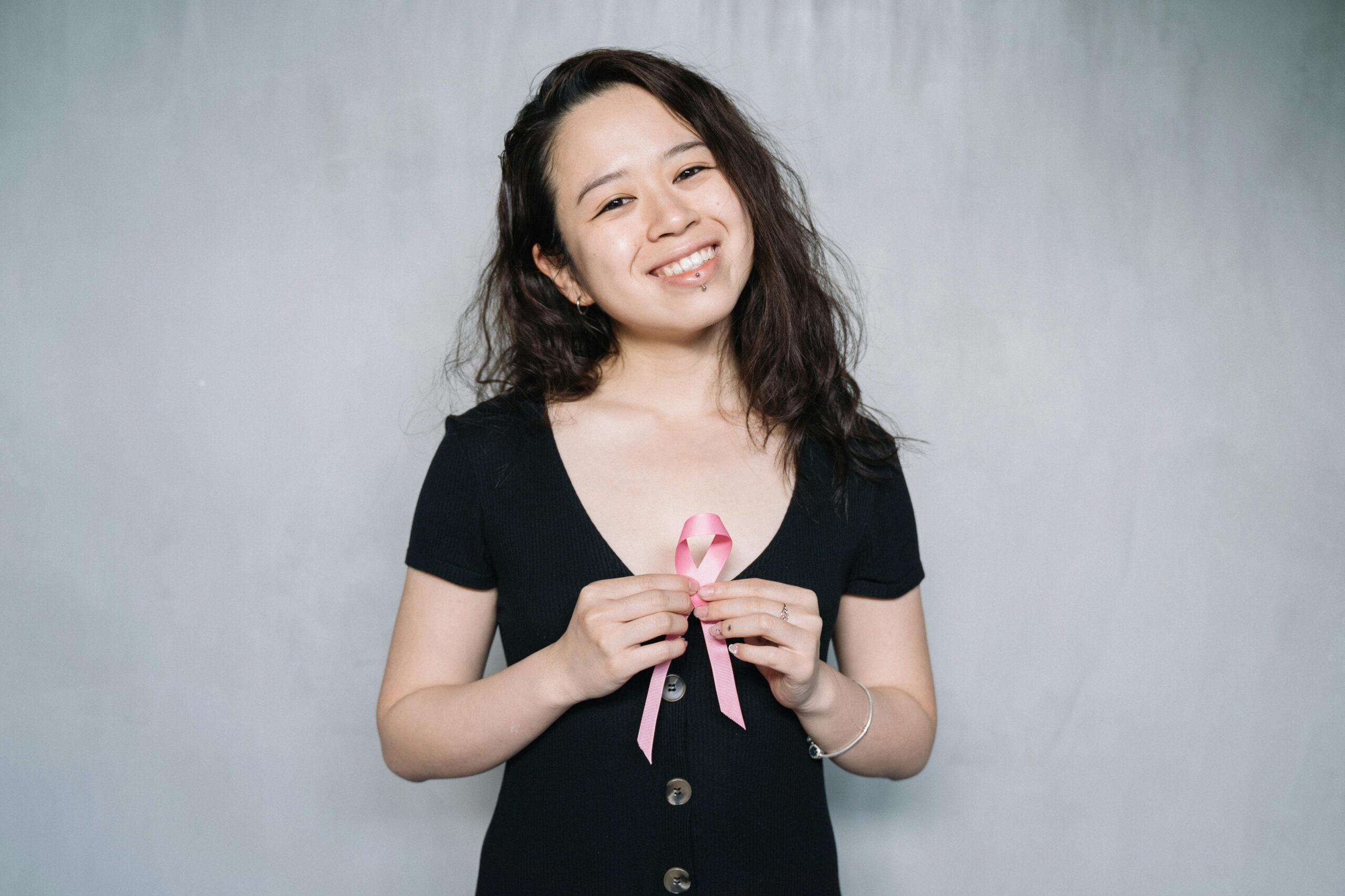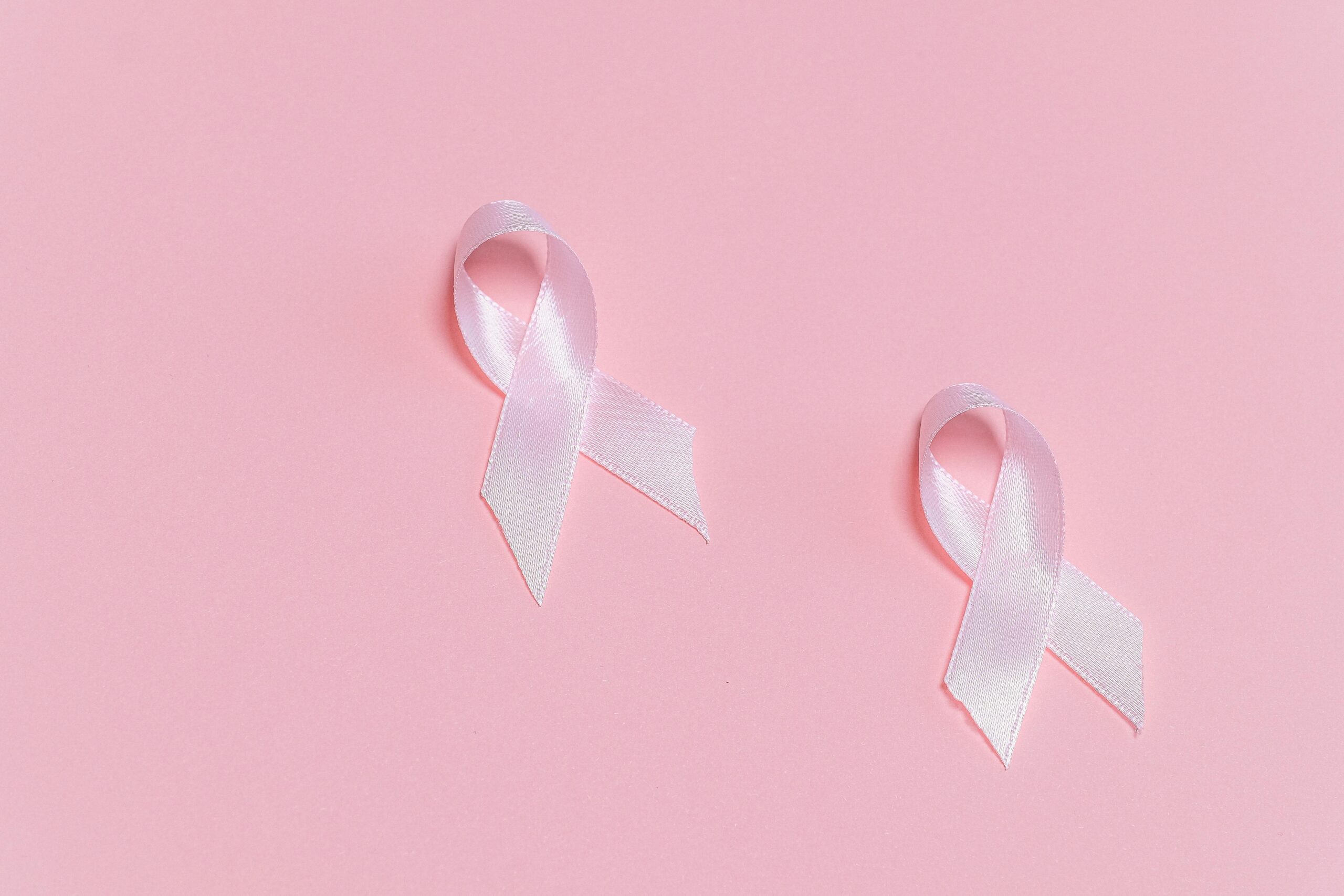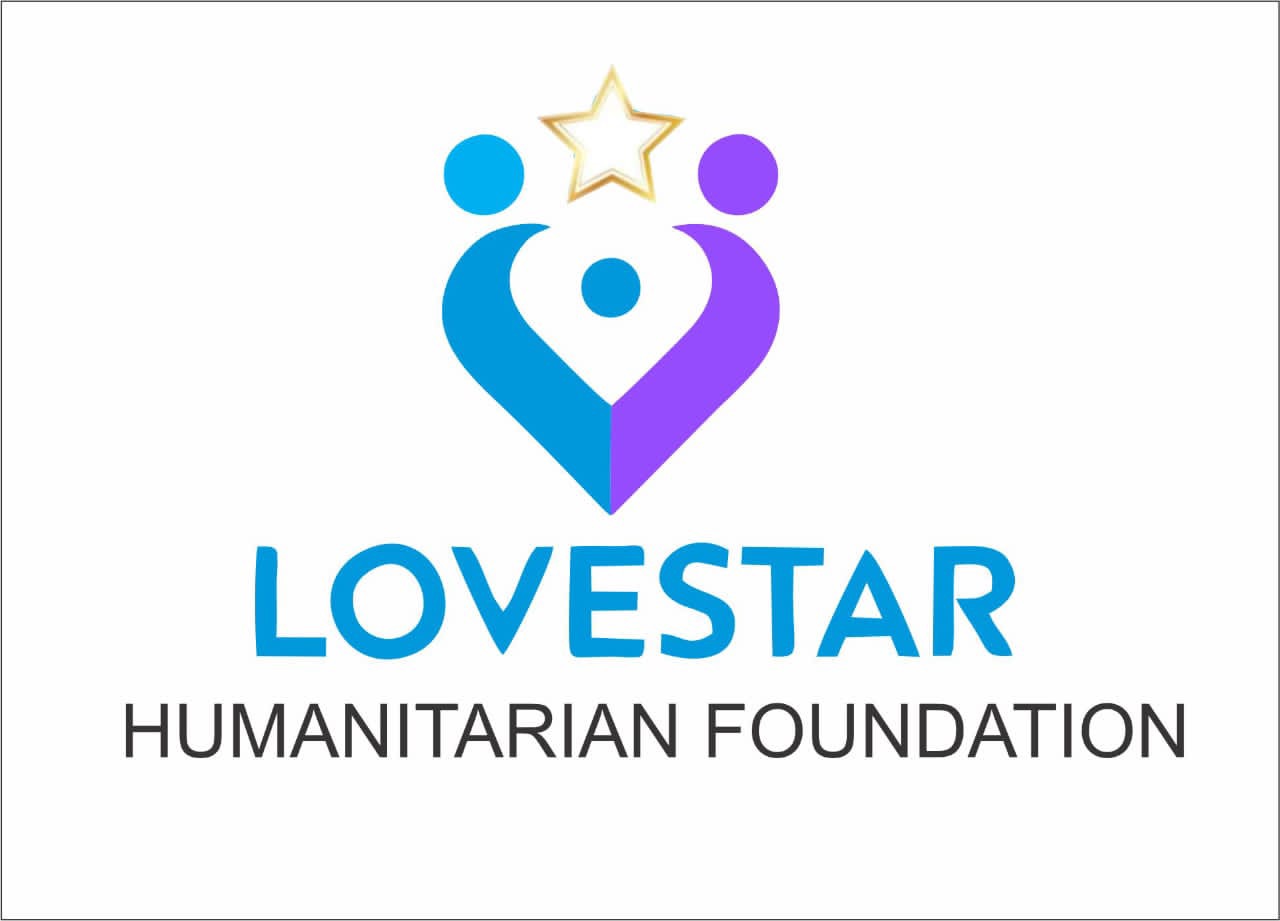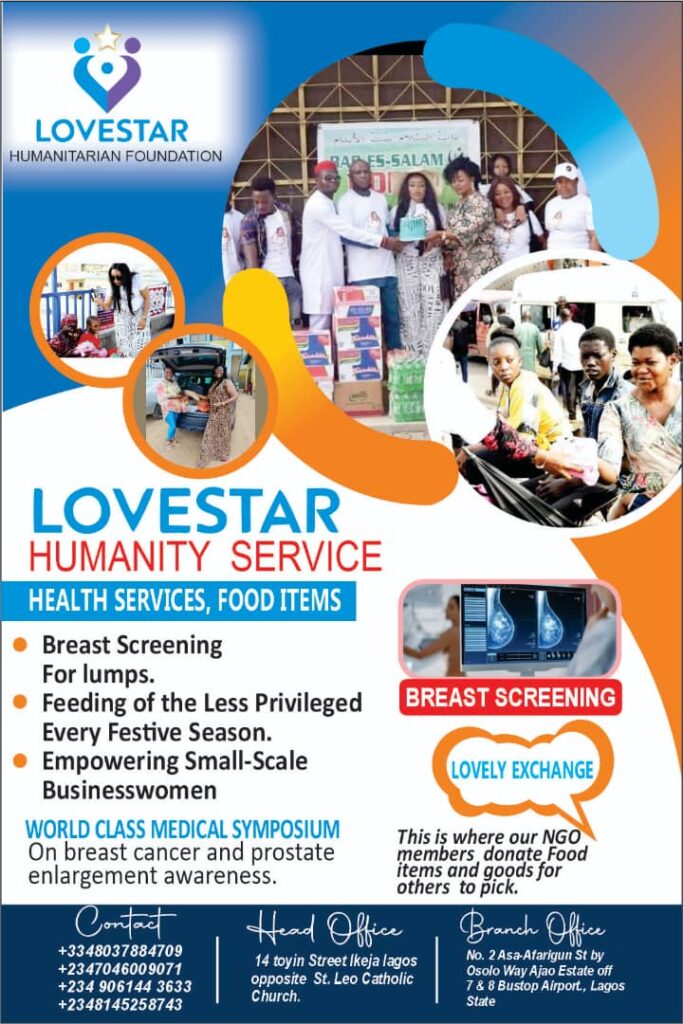The Role of Genetics and Lifestyle in Cancer Risk
Cancer is a complex disease influenced by a combination of genetic and environmental factors. While some individuals may be predisposed to cancer due to inherited genetic mutations, lifestyle choices play a significant role in determining overall risk. Understanding how these two elements interact is key to prevention and early detection.
Genetic Factors: The Inherited Risk
Certain cancers can run in families due to inherited genetic mutations. These mutations are changes in specific genes passed from parents to their children. For example:
- BRCA1 and BRCA2 mutations are linked to a higher risk of breast and ovarian cancers.
- Lynch syndrome, caused by mutations in DNA mismatch repair genes, increases the risk of colorectal, endometrial, and other cancers.
However, inherited genetic mutations are responsible for only about 5% to 10% of all cancer cases. Genetic testing and counseling can help individuals assess their inherited risk and take preventive steps, such as increased screening or preventive surgery.
Lifestyle Factors: Choices That Matter
Unlike genetics, lifestyle choices are within our control and account for a large portion of cancer risk. Major lifestyle-related risk factors include:
- Smoking and Tobacco Use: This is the leading preventable cause of cancer. Tobacco is linked to cancers of the lung, mouth, throat, bladder, and more.
- Diet and Nutrition: Diets high in red and processed meats and low in fruits, vegetables, and fiber can increase cancer risk. Obesity, which is often influenced by diet and physical inactivity, is associated with several cancers, including breast, colorectal, and pancreatic cancers.
- Alcohol Consumption: Excessive alcohol intake has been linked to liver, breast, and esophageal cancers.
- Physical Inactivity: Regular exercise helps maintain a healthy weight and reduces the risk of colon, breast, and endometrial cancers.
- Sun Exposure and Tanning: Ultraviolet (UV) radiation from the sun or tanning beds increases the risk of skin cancer, including melanoma.
Gene-Lifestyle Interaction: A Double-Edged Sword
Some people with a genetic predisposition may never develop cancer if they maintain a healthy lifestyle. Conversely, individuals with no family history of cancer may increase their risk through poor lifestyle choices. Recent studies also show that environmental factors can sometimes activate or “turn on” certain genes linked to cancer.
For example, someone with a BRCA mutation who avoids smoking, maintains a healthy diet, and gets regular screenings may reduce their overall risk compared to someone who engages in risky behaviors.
Prevention and Awareness
Although we can’t change our genes, we can make informed choices that lower our cancer risk:
- Get regular health screenings and genetic testing if there’s a family history.
- Avoid tobacco and limit alcohol consumption.
- Maintain a healthy weight through diet and exercise.
- Use sun protection and avoid indoor tanning.
- Stay informed about cancer risks and updates in prevention strategies.
Conclusion
Both genetics and lifestyle significantly influence cancer risk, but lifestyle choices offer a powerful way to take control of our health. By understanding our genetic background and making conscious daily decisions, we can reduce the risk of cancer and promote overall well-being.
